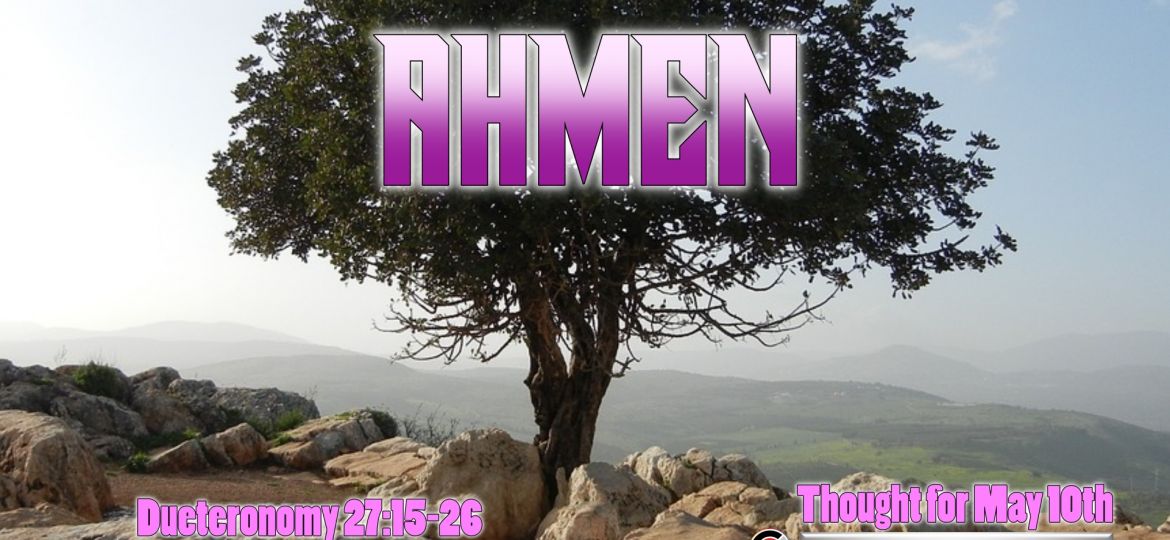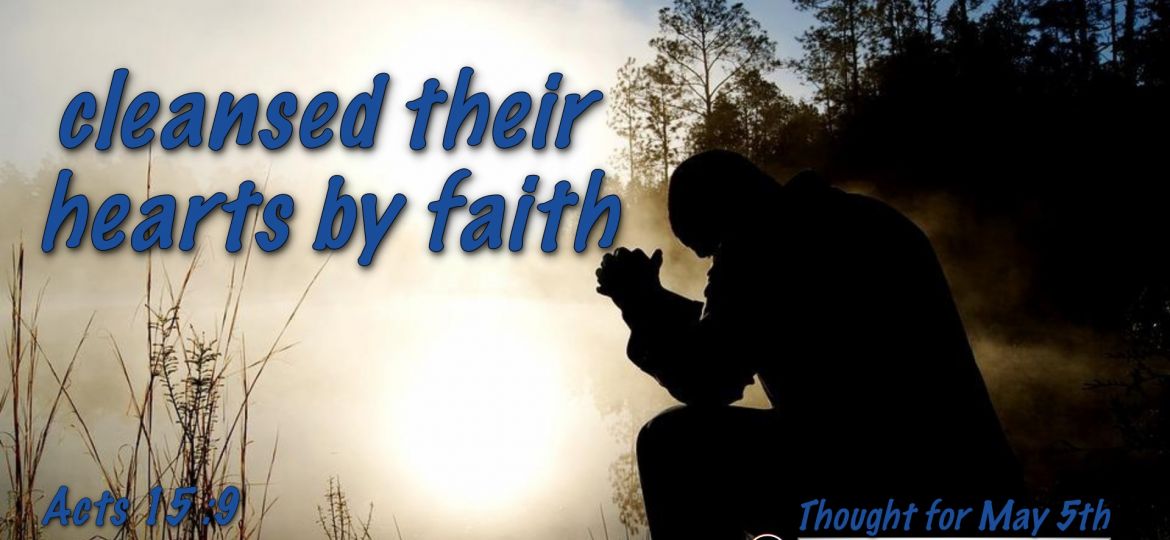The Apostle Paul, said Peter (2 Peter 3 v.16), writes “some things … that are hard to understand which the ignorant and unstable twist”! We suspect some verses in today’s reading of Chapter 1 of Colossians are an example of this. Paul writes about Jesus as “the image of the invisible God, the firstborn of all creation” [1 v.15]. He goes on to say that “he is the beginning, the firstborn from the dead, that in everything he might be preeminent.” [v.18].
From this we learn that the resurrection of Jesus, following a life in which he succeeded in making God’s will his will led to his being made pre-eminent by God. . But doing God’s will was not an automatic process, it was an incredible challenge, remember his agonizing in the garden of Gethsemane. (see Luke 22 v.42).
His resurrection to eternal life was the starting point at which he was made pre-eminent in everything. It was a new beginning, one could say, a new creation.
Paul says, in reasoning with the Galatians, that neither circumcision nor uncircumcision counts for anything, “but a new creation” [6 v.15] He said the same thing in 2 Corinthians 5 v.17, “if anyone is in Christ, he is a new creation”. Our awareness of these quotations provide the foundation for our understanding of how all things were created FOR Christ. God’s work of creation was with him in mind from the very beginning. We note how Peter expresses this about Christ, “He was foreknown before the foundation of the world but was manifest in these last times … “ [1 Peter 1 v.20] by “God, who raised him from the dead and gave him glory …” [v.21]
The glory of Jesus came from God, he gave him pre-eminence because he was obedient unto death. Our understanding can be confused by translators who, thinking of Jesus as God himself; this appears to have influenced their translation in a few places. An example is the Greek preposition ek. It occurs in our Colossians chapter no less than 31 times. It has the primary meaning of in, but the translators have used no less than 6 different English words in that chapter. Now we know you cannot translate from one language to another word for word and always make meaningful sense, but we noticed how in verse 16, they have rendered it as “by” – “for by him were all things created” Yet the ESV, we use has a footnote against ‘by’ – that says – That is, ‘by means of’, or ‘in’
Think, if they were created for him, it does not make sense that they were created by him. Have we confused you? God created the world with Jesus in mind. Jesus lived and died with us in mind (Read John 20 v.20-21) The “new creation” flows on from the original creation of Adam and Eve. Are you part of the new creation, taking on the name of Christ in baptism? Or will you be among those who fail because they stay related to Adam?
[embedyt] https://www.youtube.com/watch?v=ht3q1le8tyQ[/embedyt]










